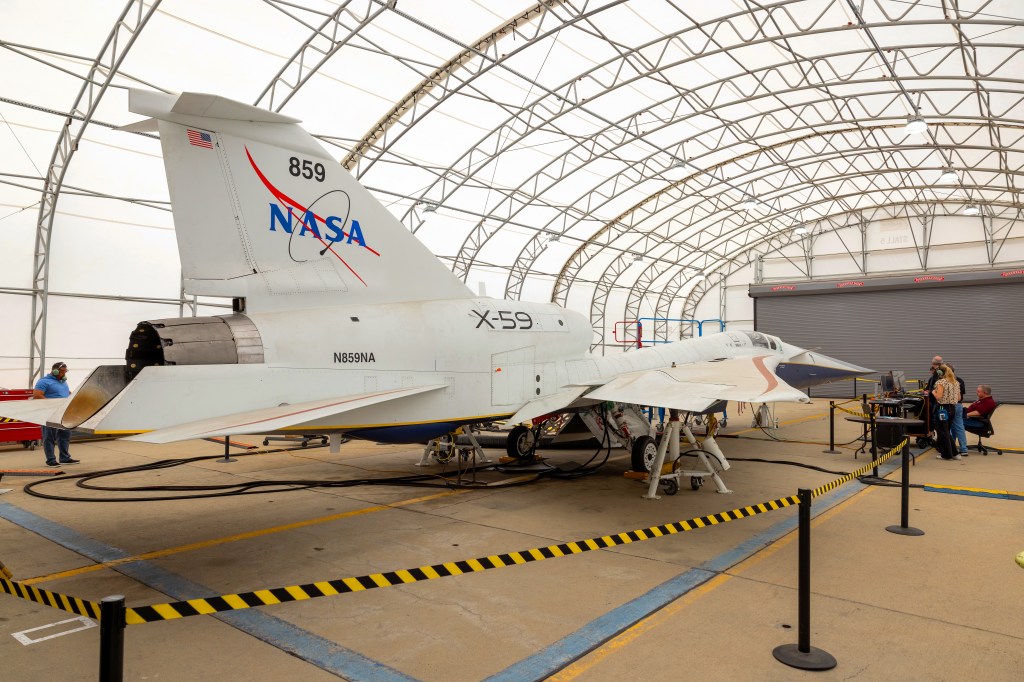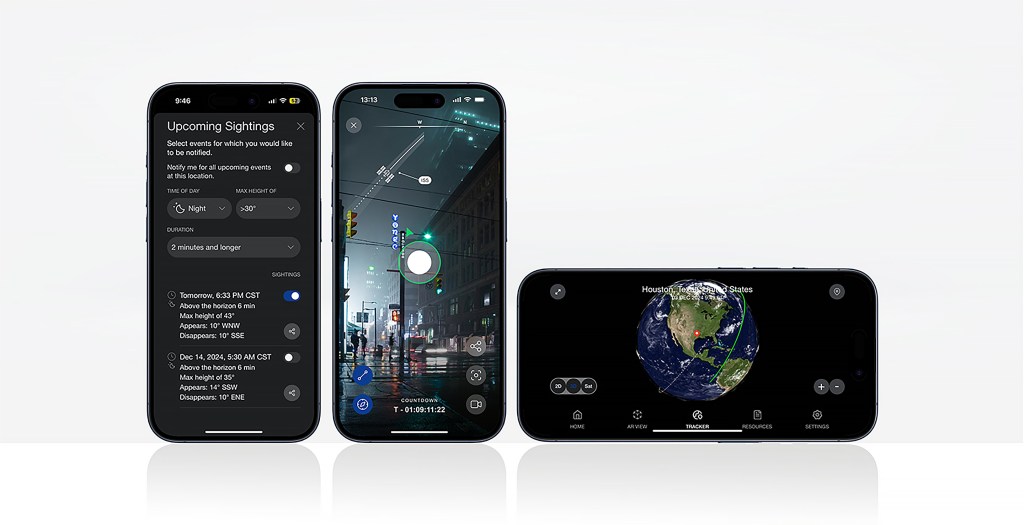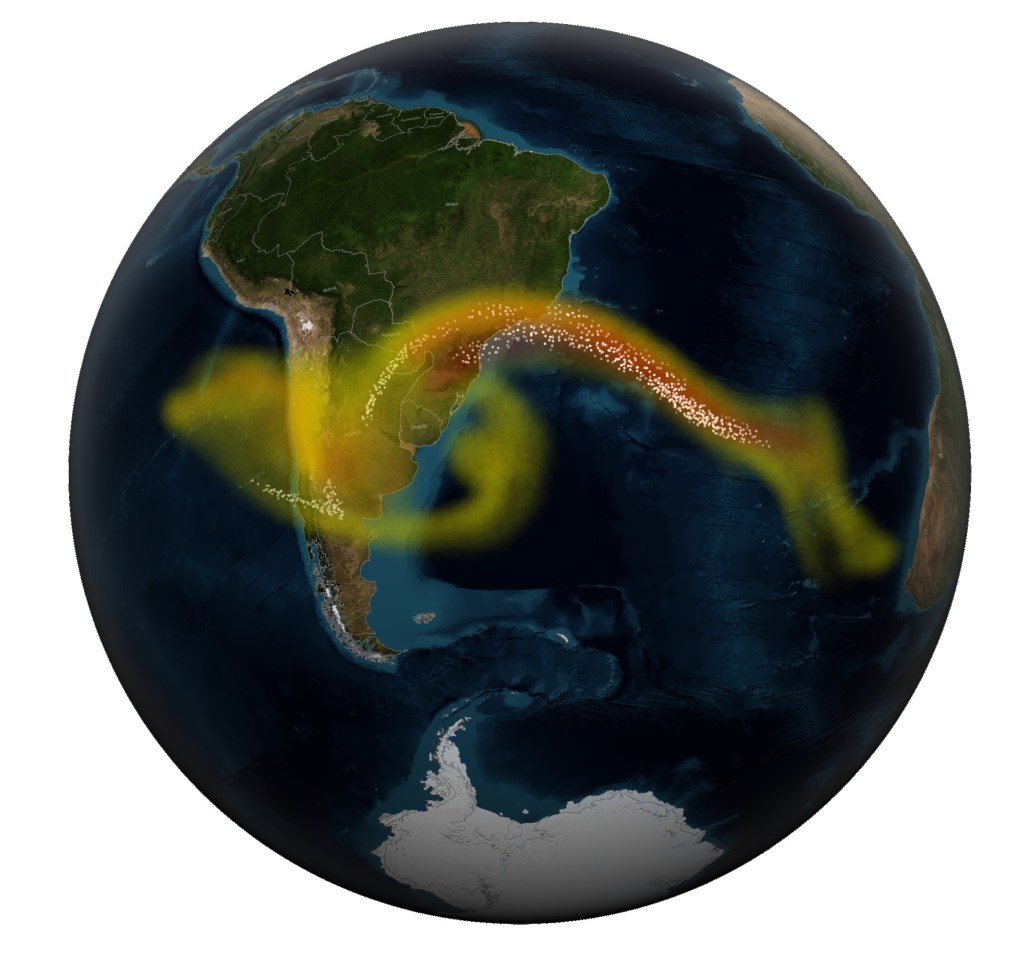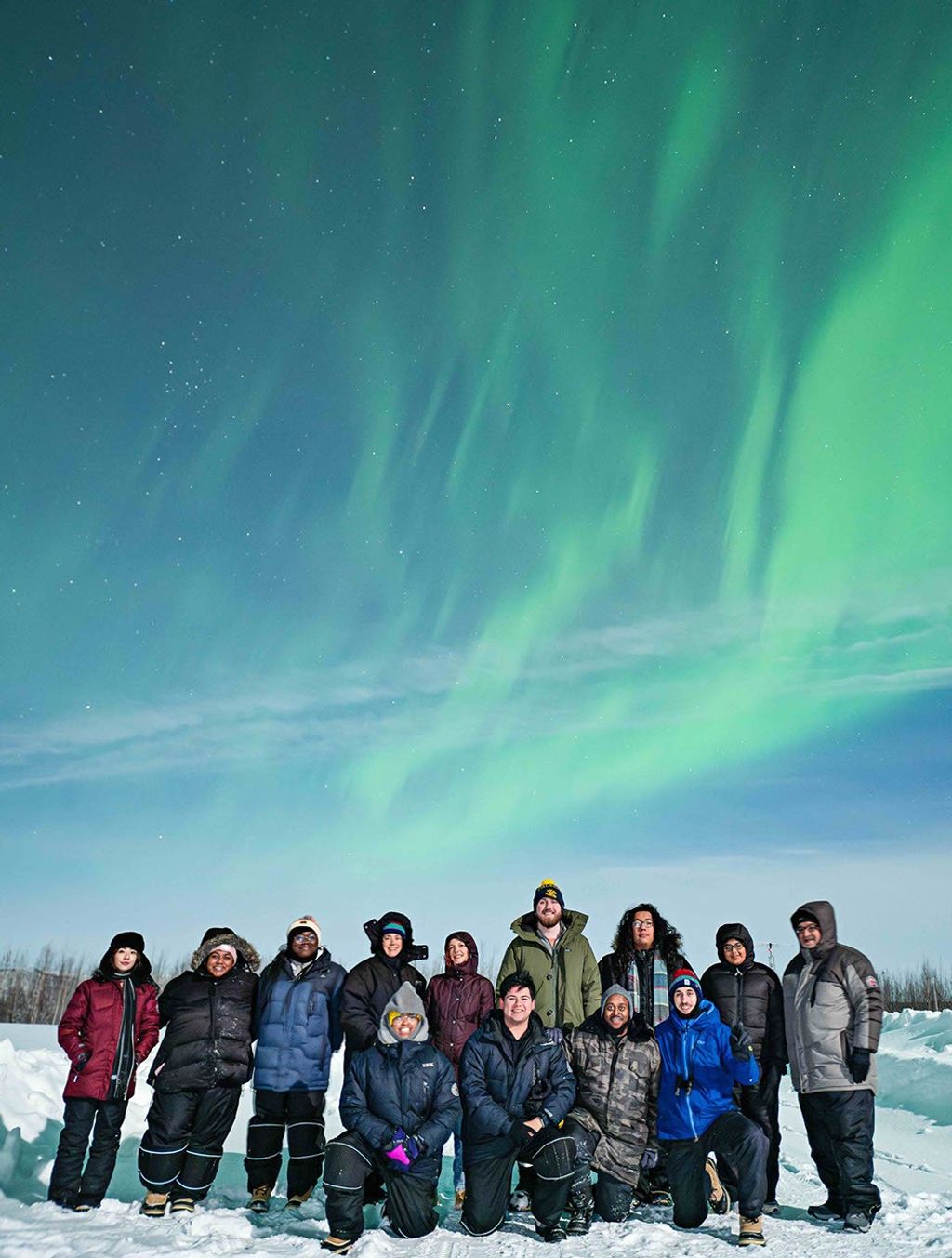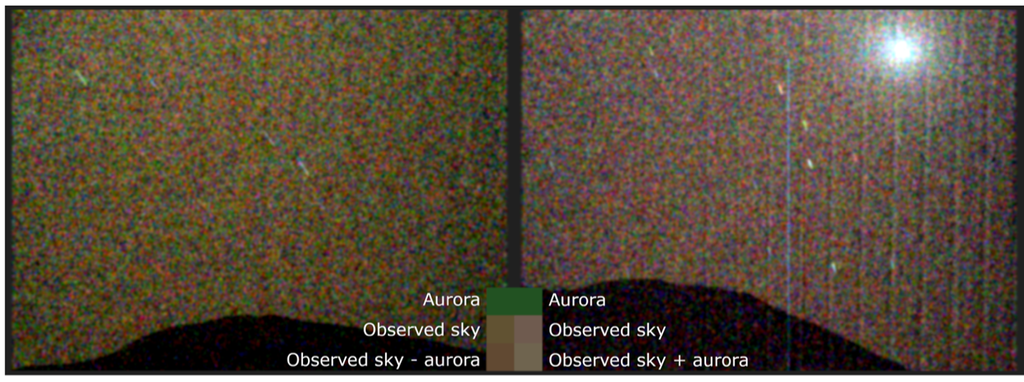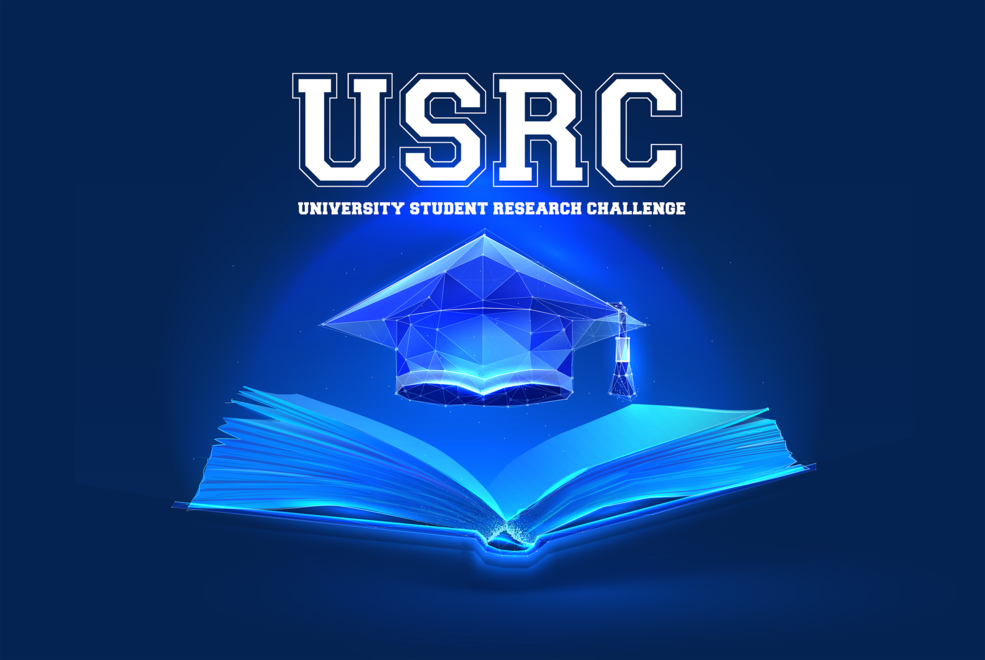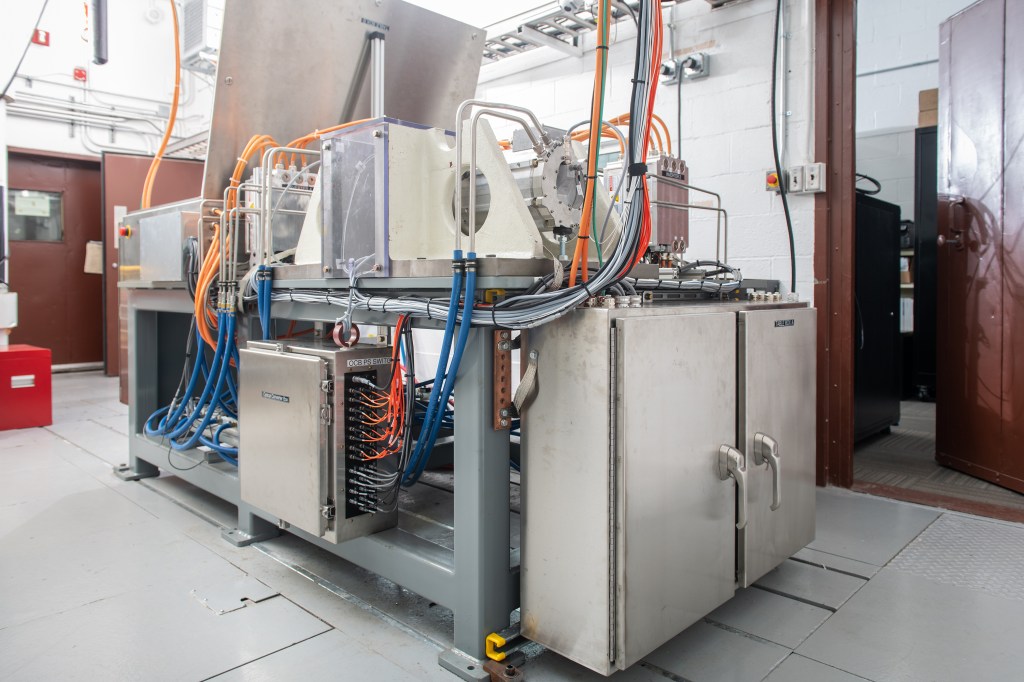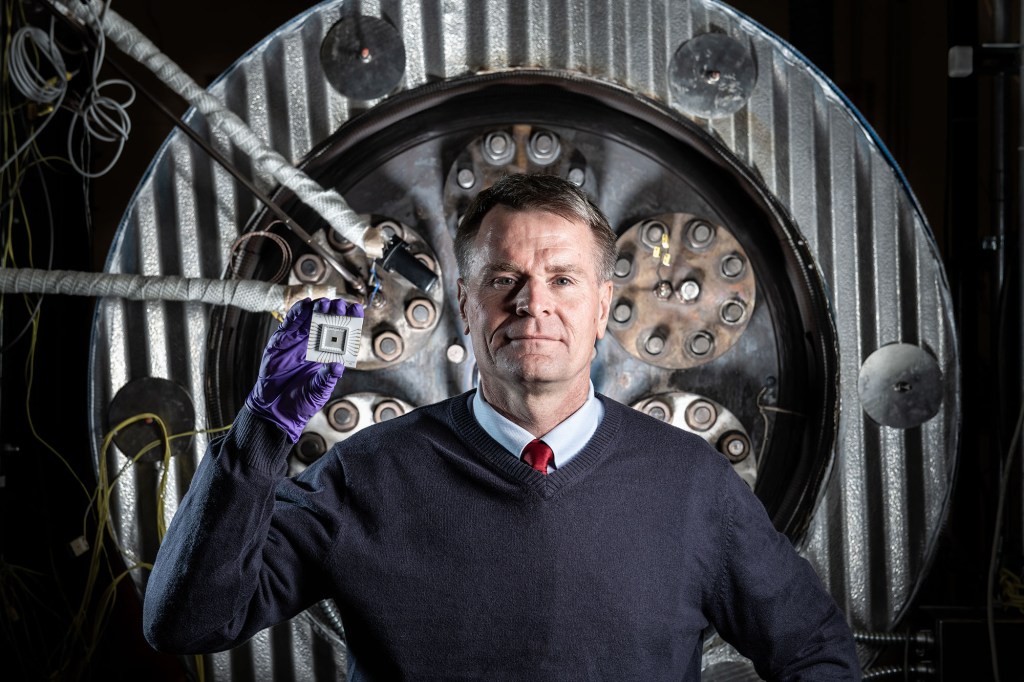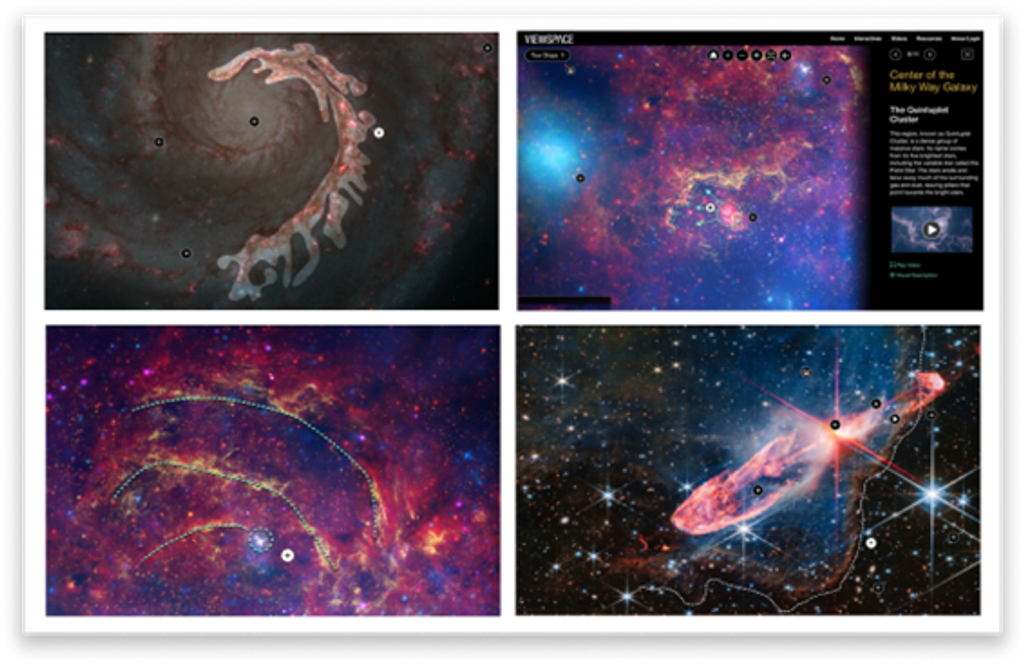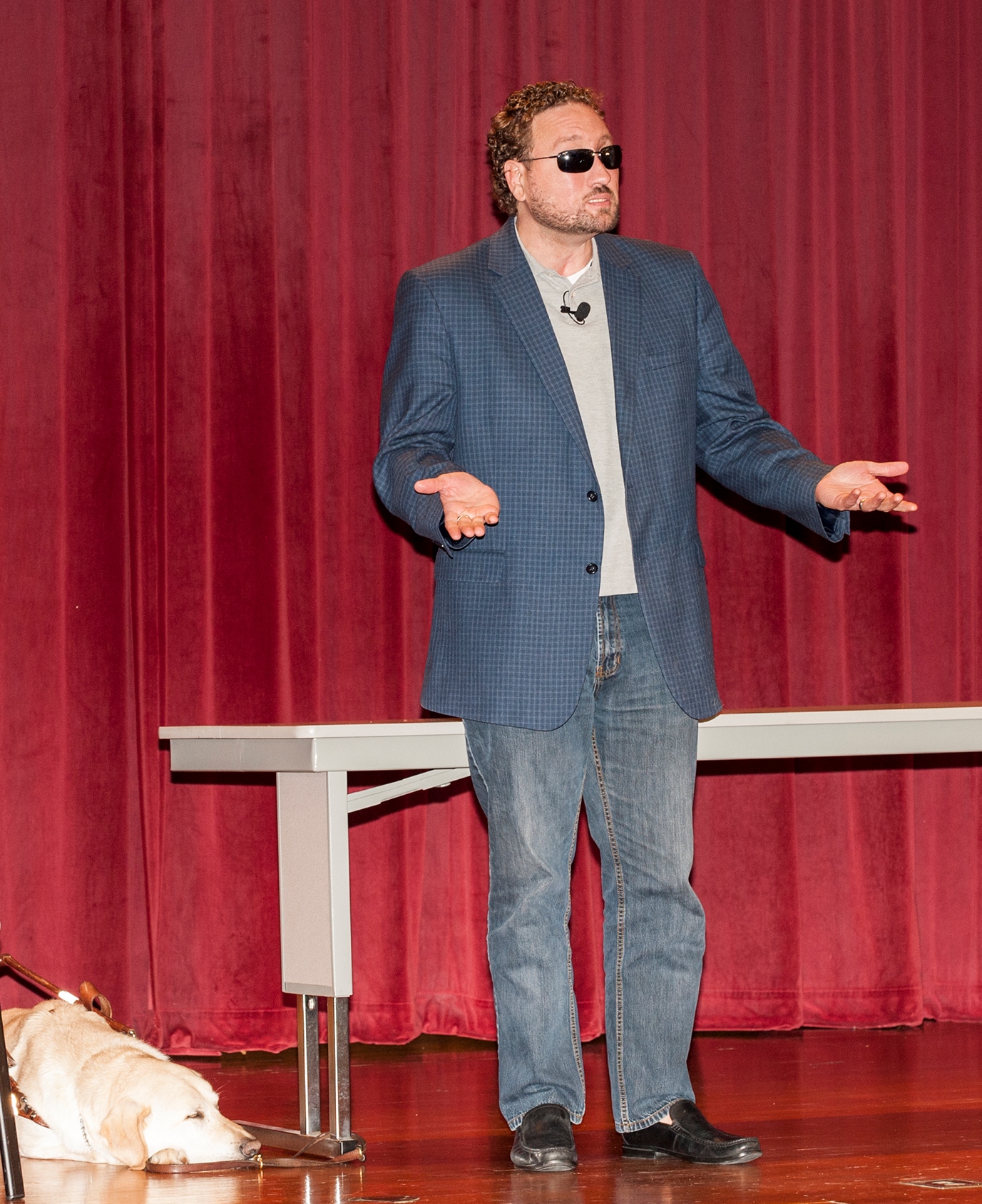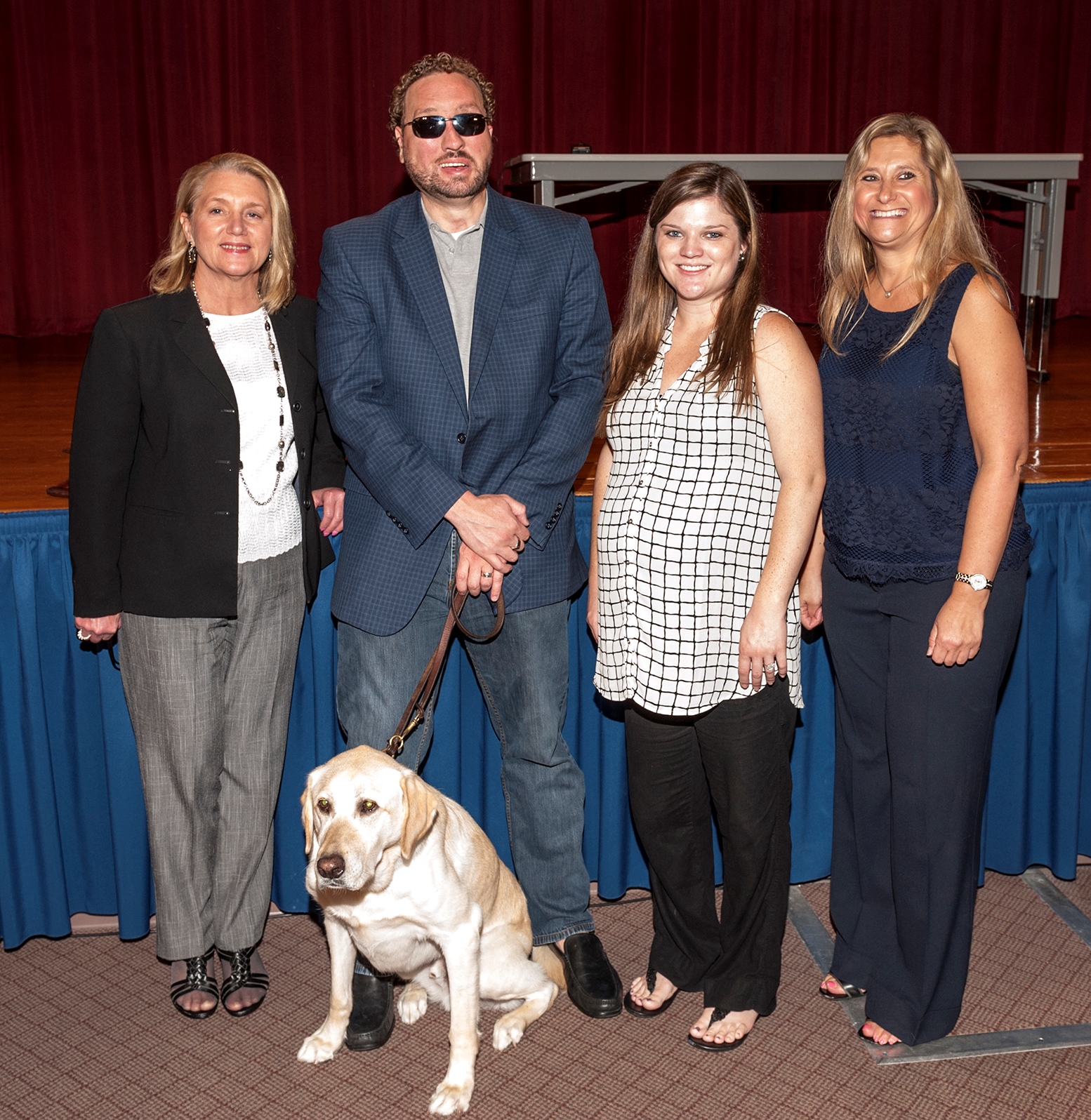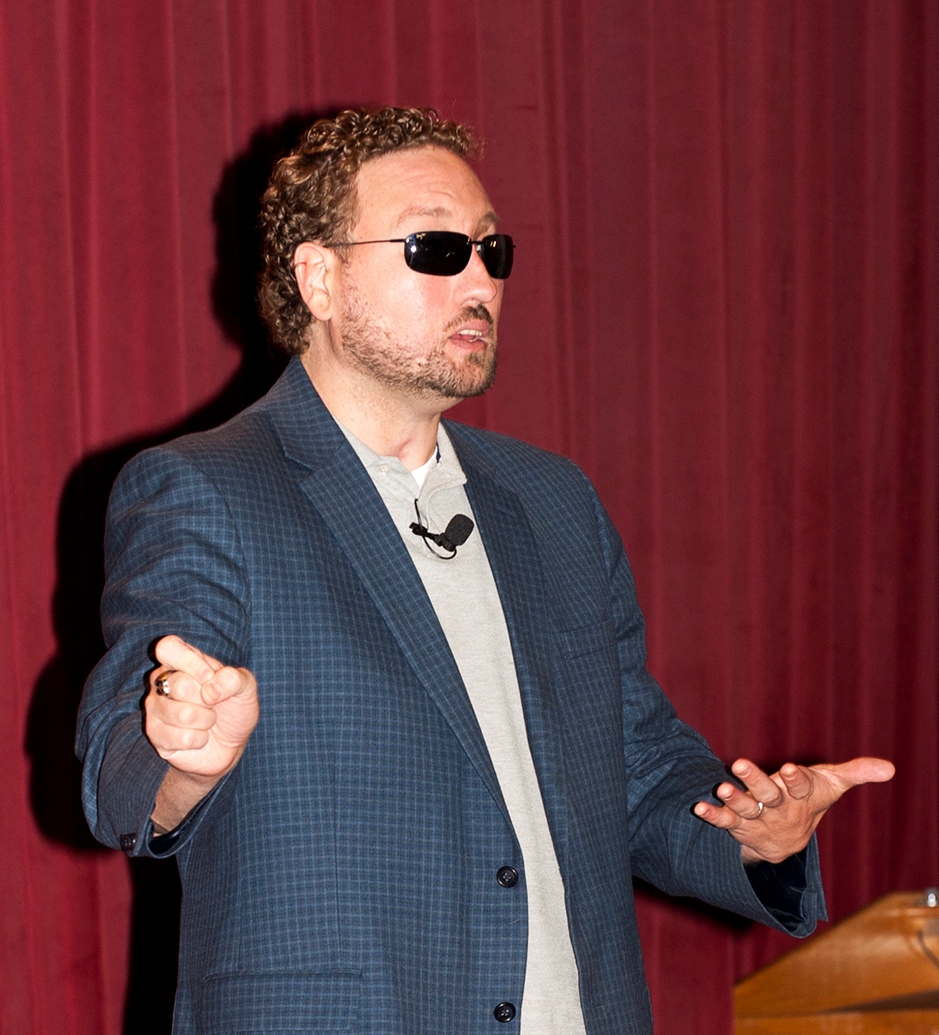By Bob Granath
NASA’s Kennedy Space Center, Florida
Marcus Engel was a typical American college freshman, but his life transformed in an instant. Blinded when the car he was riding in was hit by a drunk driver, his future and that of numerous others were forever changed. His story is not one of loss, but of perseverance, hard work and determination. Engel’s message to Kennedy Space Center employees was to focus on abilities and not disabilities
Engel spoke to several hundred NASA and contractor employees on Sept. 9, 2015, as a guest of the spaceport’s Disability Awareness and Action Working Group (DAAWG). The event was an early kickoff to National Disability Employment Awareness Month which is celebrated each October.
DAAWG is an advocacy group providing center management with input on issues relating to employees with disabilities. They also serve as a resource to the Office of Diversity and Equal Opportunity, the Workforce and Diversity Management Office and other space center directorates.
Like the goals of DAAWG, Engel’s message resonated with those in attendance — both those who have a disability and those who do not.
“Negativity cannot get me where I want to be,” he said. “I cannot focus on my loss; I cannot focus on my disability. I have to focus on the things I still have.”
Engel grew up in Ferguson, Missouri, a part of the metropolitan St. Louis area. When he was in the fourth grade, his family moved to the farming community of High Hill, Missouri, — population 250.
At age 18, he left home to attend Missouri State University in Springfield, living in a dormitory with 900 students.
“It was a cultural shock for this small town boy,” said Engel.
During his freshman year, Engel decided to visit his parents one weekend and catch up with some of his buddies back home.
“On Saturday afternoon I drove into St. Louis to meet up with three friends I had met in high school while going to church youth group activities,” he said. “That night we decided to go to a St. Louis Blues hockey game and had a great time.”
Afterwards the group headed to a local hamburger restaurant.
“As we pulled up to this intersection, the traffic light turned from red to green,” Engel said. “Riding in the front passenger seat, I turned to look out that window. The only thing I could see was headlights inches from my face.”
The car carrying the four friends was slammed broadside by a vehicle driven by a drunk driver traveling at twice the speed limit. Engel was thrown from the car and paramedics reported that he was face down, partially on the street and the curb, and was barely breathing.
“I lost consciousness for maybe 10 to 15 seconds,” he said. “All the bones in my face were crushed.”
After being transported to a nearby hospital, Engel found himself in a frightening new environment.
“I would go from being unconscious to fully back in the here and now into a world that was filled with pain and terror and darkness,” he said. “The only thing that gave me any reassurance was that somebody was holding my right hand.”
Engel stressed that sometimes the simplest words can be of tremendous comfort.
“Anytime I would stir, just a little bit, that hand would squeeze mine and I would squeeze back in recognition,” he said. “Then, the owner of that hand would repeat the same phrases every time I woke up. She would say, ‘Marcus, my name is Jennifer. You were in a car accident and you’re in a hospital.’ Bare bones information.”
Her words, however, were reassuring in Engel’s now-dark world.
“Simple, human presence is what all of us can give to our fellow human beings during a person’s time of crisis,” he said. “Simple human presence is a cornerstone of humanity.”
Through seemingly insurmountable odds, Engel persevered, promising himself to return to college as soon as possible. First would come multiple surgeries.
“To this date, I have been on an operating room table for close to 350 hours,” he said.
That goal of completing his education would sustain Engel through two years of medical recovery and a six-month stint at a rehabilitation school, the Colorado Center for the Blind. He also spent one month training with a Seeing Eye dog.
“Two years after that horrific crash, I was able to think about going back on a college campus again,” he said, “two years out of my life because of someone else’s choice.”
Engel emphasized that making irresponsible choices can have far-reaching costs.
“I don’t think (the drunk driver) set out that night to hurt my friends or hurt me,” he said, “but there are only so many bad choices you can make in a row before somebody is going to pay the consequences.”
Engel spoke of how he came to grips with the choices he could make following his experience.
“The two years taught me more than any book ever could,” he said. “I would never want to live through those experiences again, but with age, maturity and experience I’ve come to appreciate them as building blocks of my life.”
After Engel returned to college, he earned a bachelor’s degree in sociology from Missouri State University. Later, he was awarded a master’s in narrative medicine from Columbia University in New York City.
According to Columbia University’s website, “Narrative Medicine fortifies clinical practice with the narrative competence to recognize, absorb, metabolize, interpret and be moved by the stories of illness.”
The greatest lesson Engel learned was to focus on what a person can do, not what he or she can’t.
“What is life, if we just sit around feeling sorry for ourselves, letting other people wait on us?” he said. “That’s not a life I want to live. We all have the gift of life. I want to use that gift to do the very best of my ability every day.”
Engel doesn’t dwell on the fact that he can’t see. For the audience at Kennedy, he focused on the things he can do.
“I get to speak to professional organizations all over the country,” he said. “I’m constantly writing books, I’m constantly online. I get to interact with awesome people like you.”
In addition to becoming an inspirational speaker, Engel has authored four books including a memoir, “After This…An Inspirational Journey for All the Wrong Reasons.” He and his wife, Marvelyne, live in Orlando with his Seeing Eye dog, Garrett.
At Kennedy, DAAWG members keep center management and the workforce informed about the requirements and accomplishments of disabled employees. Members recommend how to eliminate physical and other barriers that hinder productivity and advancement. They also encourage communication between disabled employees. DAAWG serves as an advocate for hiring, placement and advancement of the disabled.
Anyone working at Kennedy, either civil service or contractor, who is interested in learning more about DAAWG or the organization’s work may email co-chairs Nicole DelVesco at nicole.j.delvesco@nasa.gov or Jessica Conner at jessica.conner@nasa.gov


